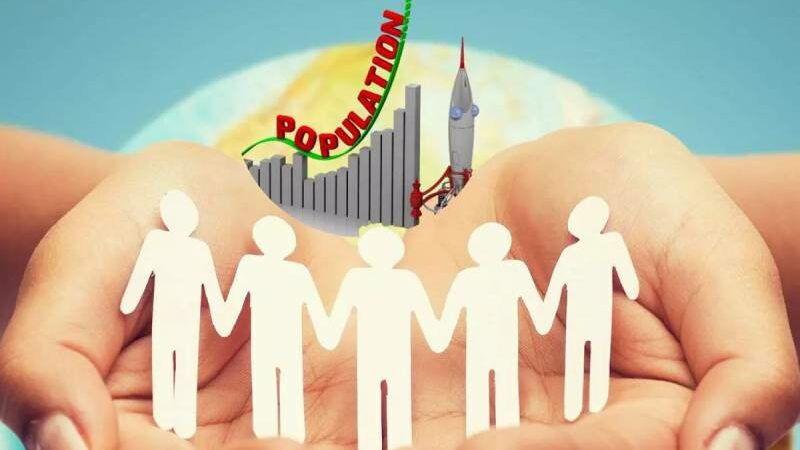According to the Institute for Health Metrics and Evaluation, global population growth is expected to decline significantly this century. By 2050, most countries’ birth rates (more than 75%) will be too low to sustain current population levels. This trend is expected to be nearly complete by 2100, with nearly 97% of all countries experiencing population declines.
Population decline is expected worldwide, but the rate of decline varies greatly depending on the region. Wealthy countries with already very low birth rates are expected to continue experiencing population decline. For example, birth rates have been declining in developed European countries since the 1970s. Therefore, many European countries, such as Latvia, Lithuania, and Estonia, are currently experiencing negative population growth.
This trend has potential environmental benefits, including reducing strain on food production systems and reducing carbon emissions. Parts of sub-Saharan Africa may also have significant economic opportunities. However, in many countries, a shrinking workforce and aging population may lead to economic burdens. For example, according to a United Nations study, the number of children under the age of five is expected to decline by 40% by 2100, due to declining birth rates and increasing life expectancy. On the other hand, the number of children over 65 years old accounts for 25% of the world’s population. This can be a challenge for many countries.
Look at the 5 countries with the negative population growth in the world.
5. Estonia
Population growth rate: -0.74D
Estonia is a Nordic country located on the coast of the Baltic Sea and the Gulf of Finland. Estonia’s population decreased by 0.28% over the past year to 1.3 million. This continues a downward trend that began after 1990, when Estonia lost 15% of its population to low birth rates and immigration. By December 2011, the country’s population had fallen below its 1970s level.
4. Romania
Population Growth Rate: -1.01D
Romania, a country in southeastern Europe, has experienced a steady population decline since 1990, when it was estimated to be home to 23.21 million people. This decline is due to three main factors: high mortality rates, low birth rates, and high levels of out-migration. The decline in the birth rate is particularly associated with the fact that Romanian women are receiving higher education and more women are entering the labor force. Romania ranks fourth in the list of countries with the most negative population growth in the world.
3. Poland
Population growth rate: -1.03D
Poland, a wealthy EU member state with more than 38 million citizens, faces demographic challenges. Despite being the fifth most populous member state, Poland suffers from one of the lowest birth rates in the world. The number of births this year fell to a post-war low of 290,975, marking the 11th consecutive year that deaths exceeded births. This trend has resulted in a population decline of approximately 1 million people, primarily due to declining birth rates and continued population migration.
2. Lithuania
Population growth rate: -1.04D
Lithuania is a Baltic state located on the east coast of the Baltic Sea. The current population of Lithuania is only 2,692,798 people, an increase of 0.94% compared to the previous year. Lithuania’s population has increased in recent years due to increased immigration from Ukraine and Belarus, and even recorded a slight increase from 2005 to 2009, but the birth rate began to decline in 2020. The country recorded an average annual population growth rate of -1.04% in 2023.
1. Latvia
Population growth rate: -1.13D
Latvia is a European country located between Lithuania and Estonia on the Baltic Sea. Although Latvia has experienced economic development for many years, the birth rate tends to decline as the quality of life improves. Latvia’s population collapse is so severe that Eurostat predicts the country’s population will fall below 1.5 million people by 2045.
- Midwestern State Wins 2025 NCAA DII Men’s Soccer Championship Final - December 15, 2025
- Jerry Rice Award History: Every Winner of the FCS Freshman Award - December 13, 2025
- When Do New Episodes of Taylor Swift’s The End of an Era Drop? | Schedule, Dates & Updates - December 13, 2025




